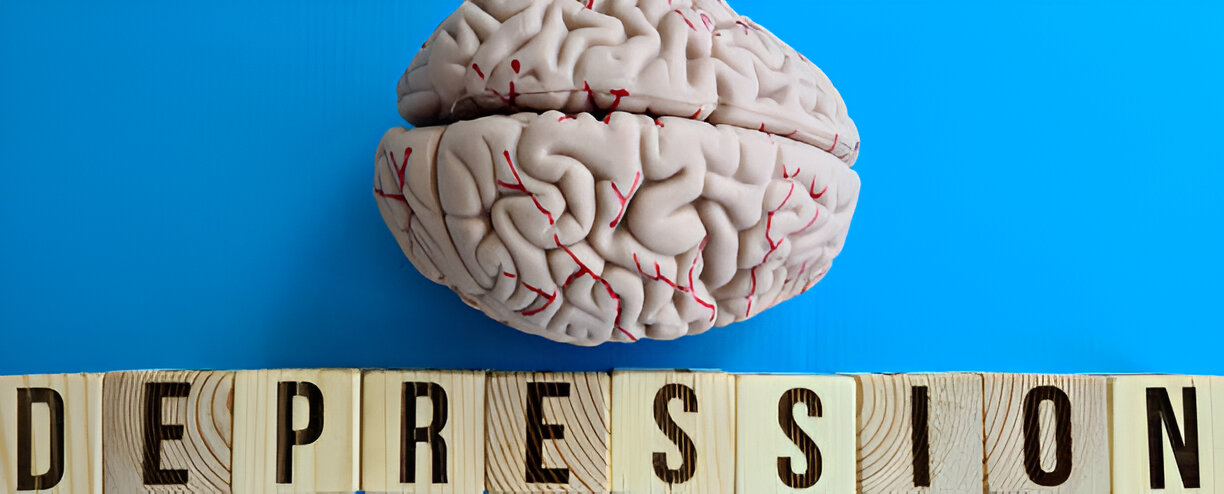-
Brain & Spine Clinic Zobra Canal Road Near SCB Medical college Cuttack
-
SUM Hospital, K8 Kalinga Nagar, Kalinganagar, Bhubaneswar, Odisha
-
srikantswainvss@gmail.com

Does depression affect the brain ?
Depression is often described as a dark cloud always over one’s head, feeling the constant pressure of it falling over your head and also feeling what if even the cloud goes away and you are left all alone. Being in depression feels like constantly being on the edge.Depression has some serious impact on the brain.
Being in depression is more than just being sad. It has a severe impact on the brain ! It’s a constant battle,which the person fights in silence. Let’s understand its impact on the brain.
- Depression leads to the shrinking of the prefrontal cortex : Prefrontal cortex is a part of the brain located at the front which is responsible for decision making and problem solving. In people with depression, the prefrontal cortex seems to have been shrunk causing reduced ability to focus, make decisions and feel motivated !
- The amygdala overreacts : Amygdala is the brain’s emotional alarm system. It is an almond shaped part of the brain which takes control over processing emotions especially fear and sadness. In a depressed brain, the amygdala is often hyperactive which brings out severe emotional responses.
- The hippocampus shrinks : Hippocampus is a part of the brain responsible for memory and learning. People with chronic depression often have a smaller hippocampus in comparison to normal people leading to memory problems and difficulty in concentrating.
- The neurotransmitter imbalance : Neurotransmitters are the chemicals which enable the neurons to communicate. The serotonin which is the happiness chemical is lower in people with depression. The dopamine which is a happy hormone which helps us feel pleasure and motivation which in depression is reduced.
- Increased levels of cortisol : Cortisol is the body’s stress hormone which is elevated abnormally in a depressed brain which can result in damaged brain cells.
Brain changes might also cause depression and vice versa. Some people have it genetically predisposed to be vulnerable to depression. The good news here is the brain can heal itself. Here are some tips to heal from depression :
- Consult a therapist
- take antidepressants which are advised by a professional
- Stay physically active to increase serotonin and dopamine, which also reduces the cortisol levels.
- Practice relaxation techniques and meditation
- Engage in meaningful relationships to create a healthy social connection
Depression is not just sadness but a brain disorder. It is a biological condition which has severe effects on the brain and its natural functionality. Depression can be managed and healed but it takes time, patience, support and a healthy environment. If you or anyone you know is suffering in silence, just know you are not alone. Seek help from people that you love or even professionals, Break the stigma around depression !
